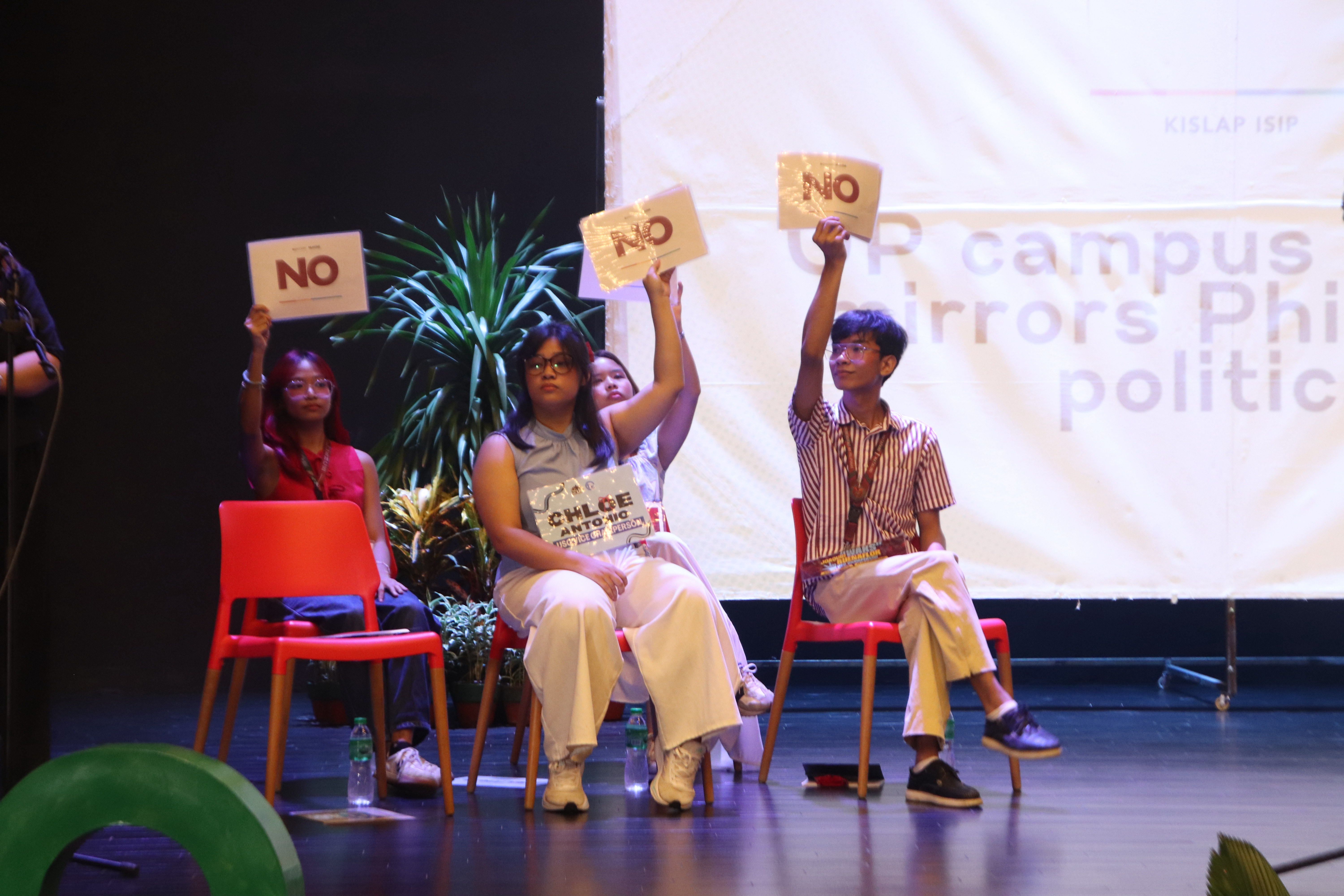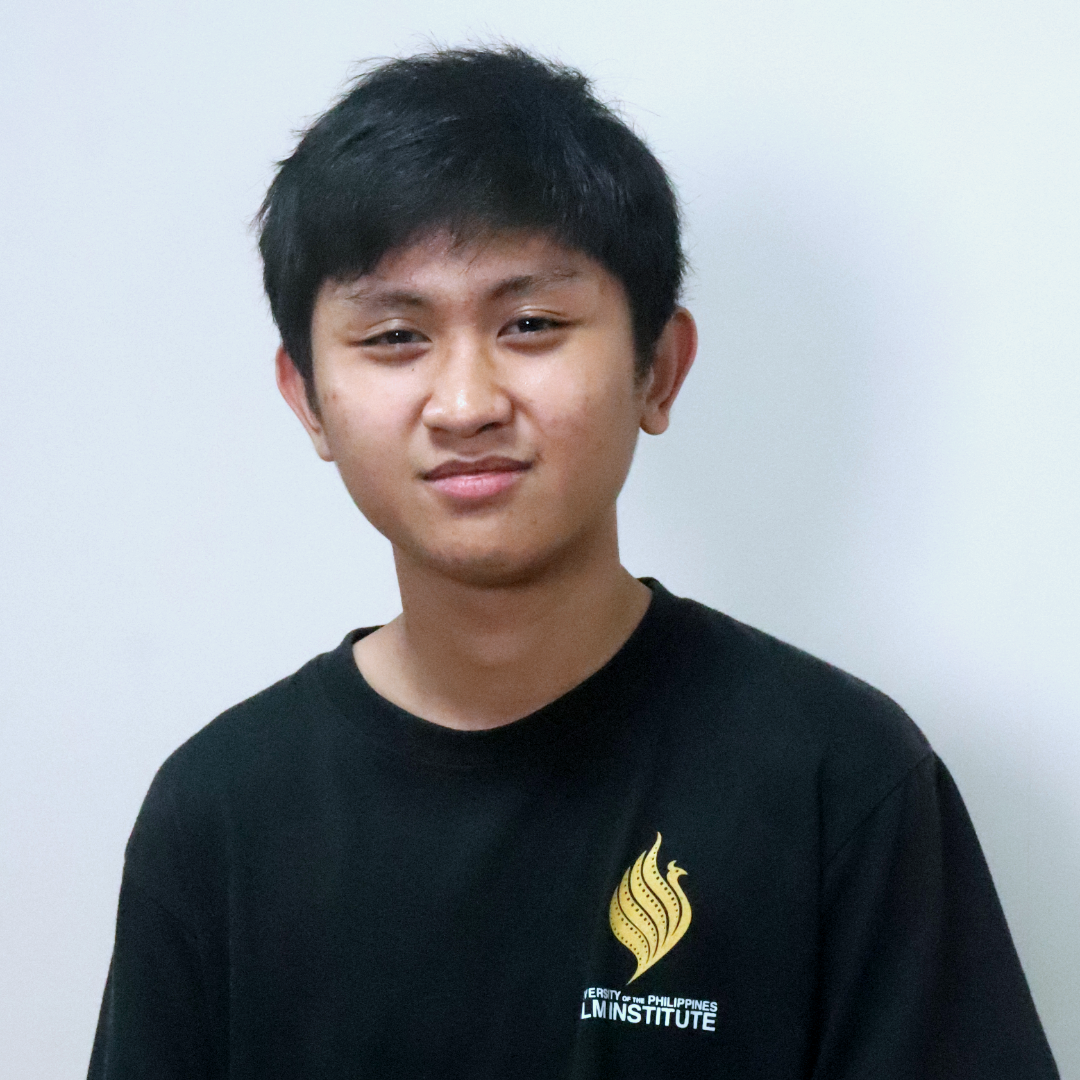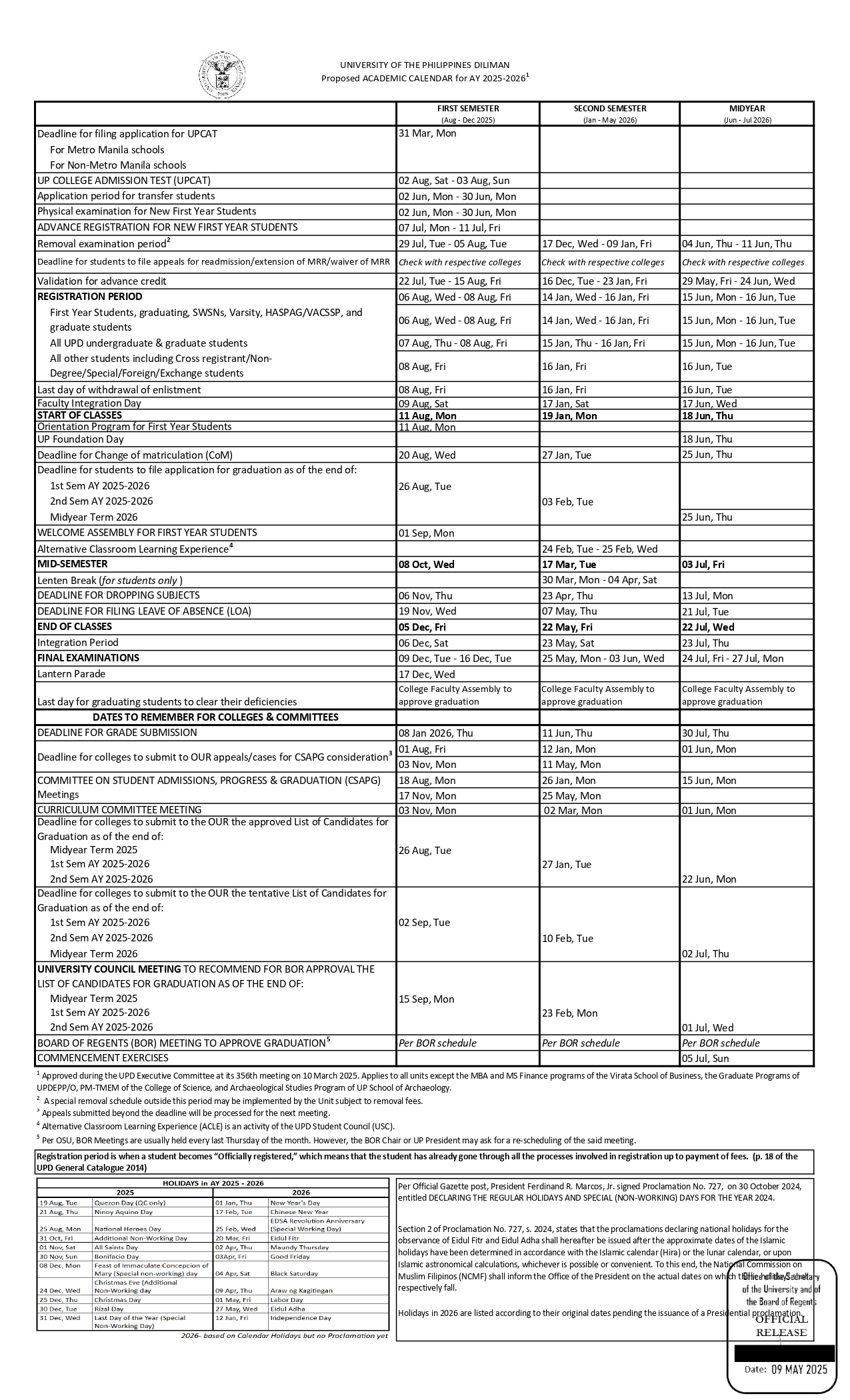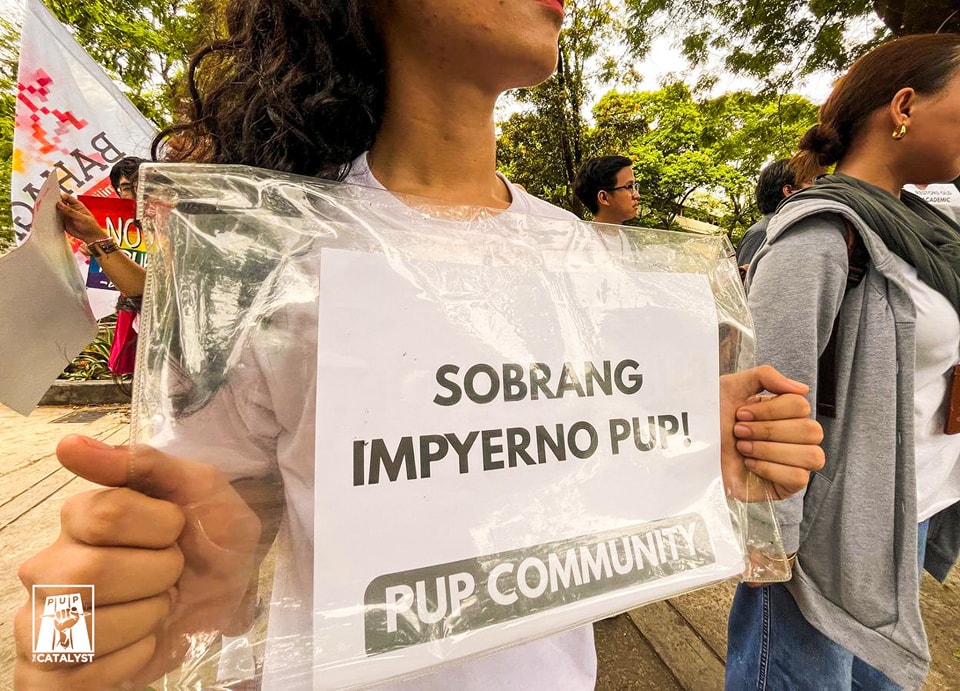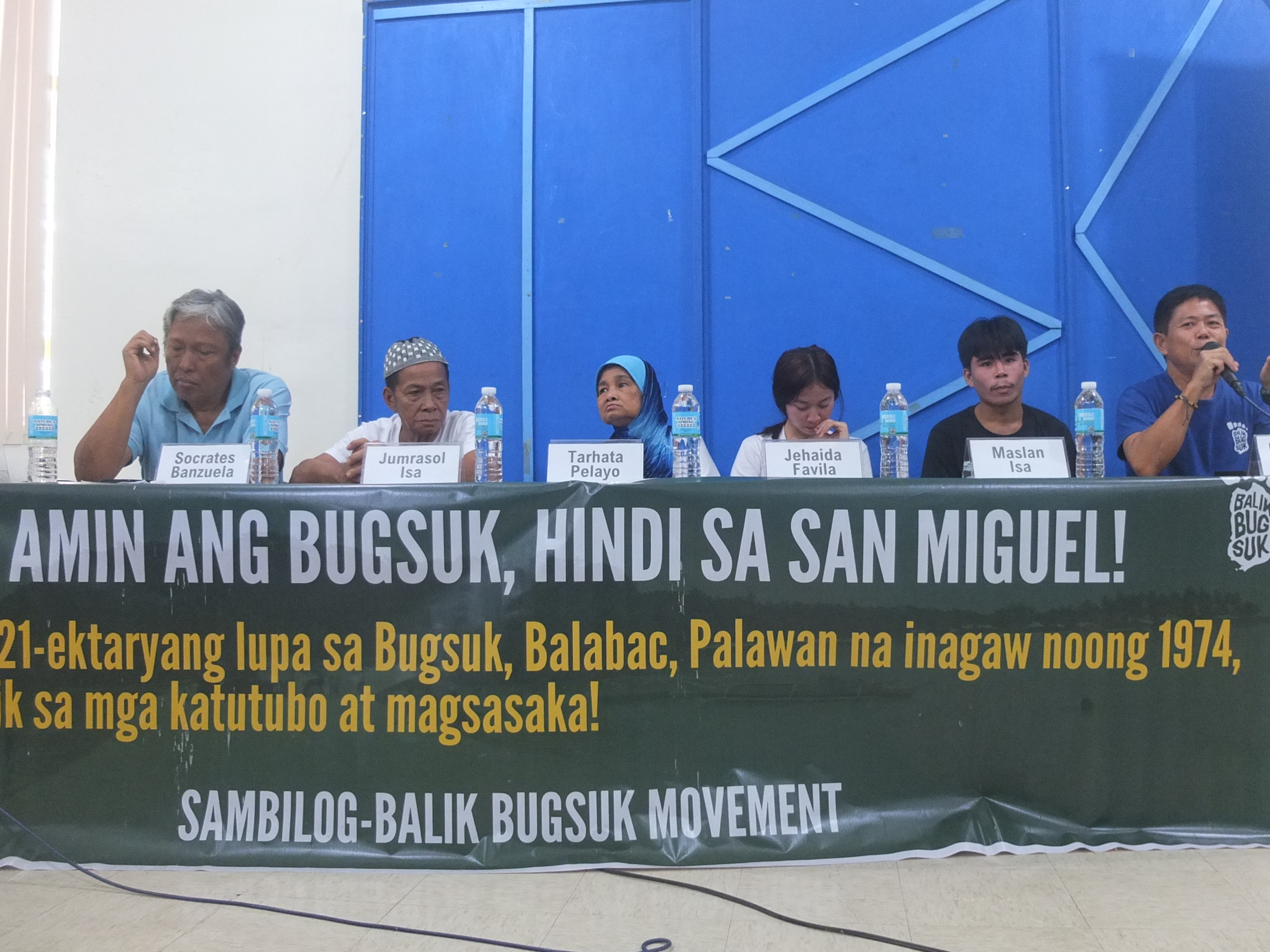When Chloe Antonio of UP ALYANSA was declared vice chairperson-elect of the University Student Council (USC) on the evening of May 16, an air of confusion swept over spectators, given that she lost the popular vote to the abstain option by 978 votes.
The University Student Electoral Board (USEB) did not explain their decision, which seemingly broke precedent during past cycles that saw vacated posts due to widespread abstentions.
The electoral board, which oversees the conduct of the USC elections, is primarily composed of two faculty members and two student members appointed by the outgoing council, plus the vice chancellor for student affairs and the coordinator of the Office of Student Projects and Activities.
Reporters had to press Vice Chancellor for Student Affairs Jose Carlo de Pano, who chairs USEB, on the sidelines for answers. He said they ruled to proclaim Antonio based on past cases that have allowed college representatives to take office, despite losing to abstentions.
The interpretation of abstain, however, is not explicitly laid out in the 2010 Revised Student Election Code. Rather, it was decided by both the board and the University Student Electoral Tribunal.
Antonio’s proclamation will hold unless a protest filed before Monday noon with the tribunal successfully overturns her proclamation. Regardless, it is unclear whether Antonio will assume the post, as she and the blue party wrestle with calls for her to withdraw.
‘Not Without Precedent’
Antonio is not the first candidate to be proclaimed despite falling short of the abstain option. USEB student member Yssa Dominik Laroza shared with the Collegian an excerpt of USEB’s response to UP ALYANSA’s letter, citing two cases: one in 2015, when Joanne Lim was elected CS representative, and one in 2018, when Hanz Santos served as Music representative.
For this year’s vice chairperson race, the board similarly moved to disregard the abstentions, writing that its plurality in the vote count “does not necessarily signify a definitive rejection of all candidates by a majority.”
This is not necessarily inconsistent with the 2016 ruling that nullified Juan Paolo Artiaga’s proclamation as Law representative. That particular precedent had served as the primary basis for vacating the standard bearer posts in the 2023 and 2024 regular elections.
But this interpretation either nullifies all abstentions or transfers votes for Laban Kabataan candidate Darlene Cerico to Antonio by assuming that picking one candidate is picking any candidate — mechanisms not explicit under the first-past-the-post system which USC elections use.
It also implies that abstentions may be interpreted differently depending on whether a race has a single winner or multiple, given that a protest which used the same argument in the councilor race of the 2024 special elections was junked by the electoral tribunal.
For now, the board simply moved to uphold the previous rulings. “Hindi mahirap mag-decide kasi nangyari na siya before,” de Pano told the Collegian.
Conflicted Paths for Antonio
Those affiliated with the Laban Kabataan coalition praised the board’s decision to proclaim Antonio and urged her to assume the position.
“It’s them (USEB) trying to correct their mistakes back in 2023,” Chairperson-elect Joaquin Buenaflor told the Collegian. “In-e-encourage naman sila (Antonio) na i-assume ‘yung position. Para sa mga nagdududa pa, pwede pa nating i-explore.”
The vice chairperson-elect had campaigned on the trail to uphold the validity of the abstain vote. And the blue party said in a statement May 19 that it will not submit to USEB’s decision if it deems its basis “does not ultimately serve the interest of the student body or undermines the weight of the abstain vote.”
If Antonio chooses to back down, the position will not be filled by her opponent. Rather, the USC constitution mandates the council to take an internal vote to elevate one of the eight councilors as vice chair.
Antonio has yet to publicly concretize her plans on whether or not she will push through. She has also not responded to requests for comment as of press time.
Revisiting the Election Code
With the abstain option remaining a controversial issue in student council elections, possible reforms to the election code are being floated by the university administration.
Buenaflor revealed that a “skip” option was proposed during USEB’s meeting with the candidates, in what the vice chancellor billed as the first in a series of consultations. Though the addition of another option received pushback from the candidates at this early stage.
“Hindi namin (Laban Kabataan) papayagan na magkaroon ng ganoon kasi hindi kami yung mga proper na mga tao na mag-de-decide niyan,” Buenaflor said.
Incumbent Chairperson Sean Latorre, meanwhile, confirmed in a text message to the Collegian that while the administration had informally given them suggestions, no formal consultation regarding the code took place during his term.
De Pano indicated that consultations with the studentry on electoral reforms may take place in the future, which is the first step to codifying a definitive interpretation of the abstain vote. The vice chancellor, however, has not confirmed any concrete details just yet.
“I call on the USEB and the incoming council to conduct proper consultations about these matters and ensure that the democratic aspect of the elections is not watered down or disregarded,” Latorre said. ●
